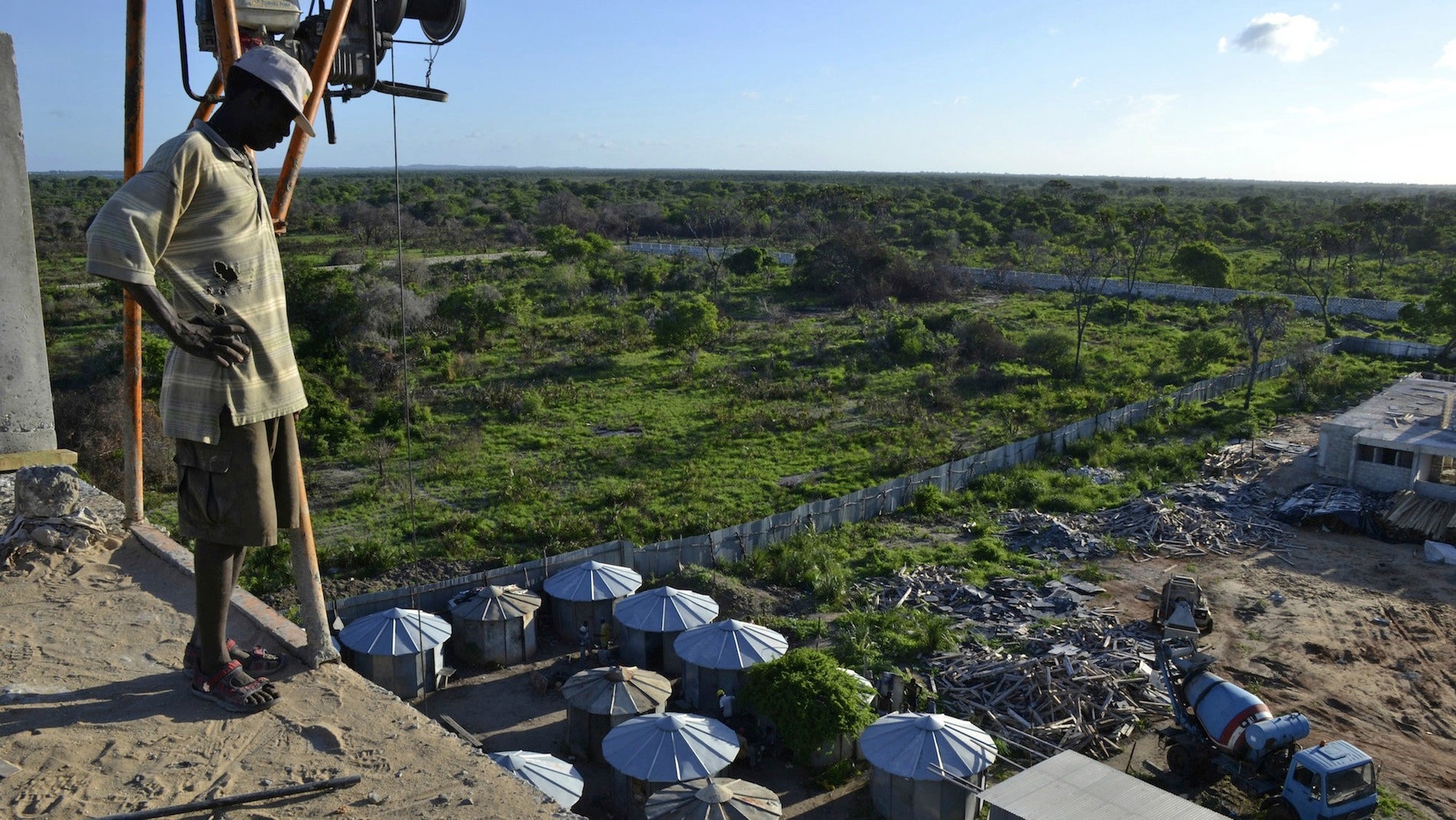Africa is growing at its slowest rate since the global financial crisis
The World Bank and the International Monetary Fund (IMF) have lowered their forecasts for one of the world’s fastest growing regions—sub-Saharan Africa—to 3.8% and 3.7% respectively, which would be the slowest expansion since 2009. Falling commodity prices, lower demand from China, and lagging investor interest in frontier markets are expected to take a toll.


The World Bank and the International Monetary Fund (IMF) have lowered their forecasts for one of the world’s fastest growing regions—sub-Saharan Africa—to 3.8% and 3.7% respectively, which would be the slowest expansion since 2009. Falling commodity prices, lower demand from China, and lagging investor interest in frontier markets are expected to take a toll.
The region’s main oil exporters will be hit the hardest. Oil importers, especially countries like Cote d’Ivoire, Ethiopia, Tanzania, Rwanda, and Mozambique where investment in infrastructure and consumer spending remain healthy, will still see steady growth, according to the IMF’s latest World Economic Outlook (pdf).
It’s not all bad news. The World Bank predicts that growth will pick up in the next two years, reaching 4.8% in 2017. While recovering oil prices and external demand are expected to help, growth will also be generated by sectors aside from commodities. “The good news is that domestic demand generated by consumption, investment, and government spending will nudge economic growth upwards,” said Punam Chuhan-Pole, acting chief economist of the World Bank’s Africa Region, in a statement.